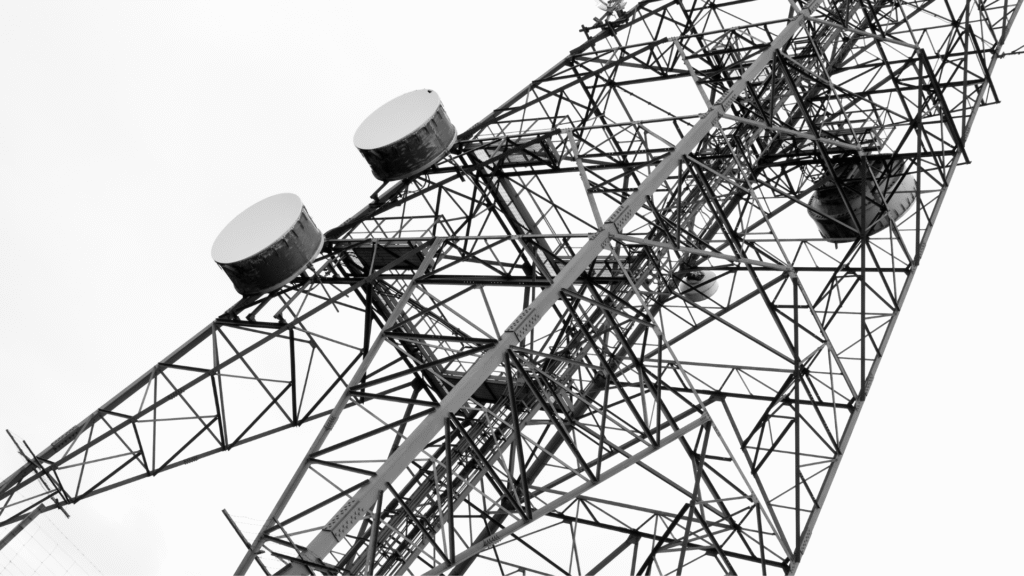

Last summer, temperatures in London hit 40º Celsius during a month-long heatwave that caused an unprecedented drought. This summer, the relentless fires that hit Greece and Italy consumed valuable woodland that formed a vital part of Europe’s lungs to absorb carbon dioxide. Destructive storms have also battered Spain and France, while the recent floods in Libya claimed thousands of casualties and made whole towns disappear.
The consequences of climate change are clear, yet the infamous greenhouse effect is sadly just beginning. It will take an outstanding global effort to re-establish the natural order, which seems impossible in a political climate where world leaders have stronger disagreements and irreconcilable differences over far less important matters.
In recent years, the private sector has engaged in various initiatives to help tackle the issue. These efforts have focused especially on the energy sector, where overcoming our reliance on fossil fuels is the main objective through the construction of wind turbines or solar panels. Moreover, we have also witnessed a new trend of ditching fireworks and using UAVs instead. It is becoming more common to see swarms of drones illuminating the skies of major cities during important festivities (e.g., New Year’s Eve, Christmas, etc). it is certainly a cleaner way to carry out spectacular displays, avoiding the release of further toxic emissions into the atmosphere.
Although these innovative energy conversion technologies promise long-term alternatives to fossil fuels, one must consider whether this debate is purely about looking for alternative energy sources or if we need to look to existing technologies to fully address the climate crisis.
While technologies are constantly developing and must be optimised to provide cleaner, more efficient ways to transform energy, most of the devices we use remain the same, with little to no improvement in terms of energy efficiency. In simple terms, companies have largely failed to reduce the power consumption of their products. Be it Internet browsing on a mobile phone, wearing a smartwatch, or watching a movie on a tablet, each of these activities actively contributes to pollution levels. Perhaps the most common mistake (which we all make at some point) is to charge our phones overnight or leave the charger plugged in with no phone connected.
The concept of efficiency refers simply to the way the energy is transformed; specifically, how much of the original energy source can be profited after conversion. There are always going to be losses when transforming one type of energy into another, such as the heat you feel when you touch your computer charger or phone. A typical smart device, computer, or anything with a screen, wastes from one-third to one-half of the input power in the form of heat. For wireless charge devices, this figure jumps to up to 80%.
Bearing in mind that greenhouse gases prevent the heat from leaving the planet, as well as the fact that more than 70% of the world’s population now own a device connected to the Internet, this problem is here to stay. So, what can be done to help?
Scientists are taking the lead in this endeavour by looking at ways to improve the energy efficiency of devices within their circuitry. For instance, a concept that most people will be familiar with is turbo power chargers, a technology rolled out in the last decade that not only reduces charging times but also improves efficiency to a promising 60% in some cases, reducing heat losses considerably.
However, in the radiocommunication world, a total redesign of systems is well underway to reduce greenhouse emissions. I recently spoke to a good friend of mine and former classmate and colleague: Dr Stephen Henthorn, Academic Fellow at The University of Sheffield. His research focuses on modifying the current design of radiocommunication systems by developing a new generation of transmitters. Radio transceivers are currently 30-40% efficient at best.
What Dr Henthorn proposes is to change the amplification stage of the radio system to only amplify the carrier signal, boosting the amplification efficiency to up to 95%. His new designs use metasurfaces, which are tuneable filters to control the way radio waves propagate in the air. These metasurfaces are integrated into the antenna and are cost-effective, using simple printed circuit boards (PCBs) that are manufactured at the University of Sheffield through cutting-edge aerosol jet-printed technology.
Overall, the devices proposed by Dr Henthorn optimise the system efficiency by 60%, double the typical measurements in radiocommunication systems. Moreover, researchers collaborating on this work are investigating reflective surfaces to reduce the number of mobile base stations and access points to be installed, creating hope for the future. Such a development is a total game-changer for the industry because it demonstrates a genuine interest in improving energy efficiency at the user end.
This trend must be supported in the regulatory arena. ITU-R meetings are soon expected to discuss energy efficiency in radiocommunication, and Access Partnership is prepared to support the deployment of greener technology in wireless communication systems. While each of us can play a small individual role in tackling global warming, our collective expertise in the newest technology trends means we look forward to supporting these efforts at the highest level.
